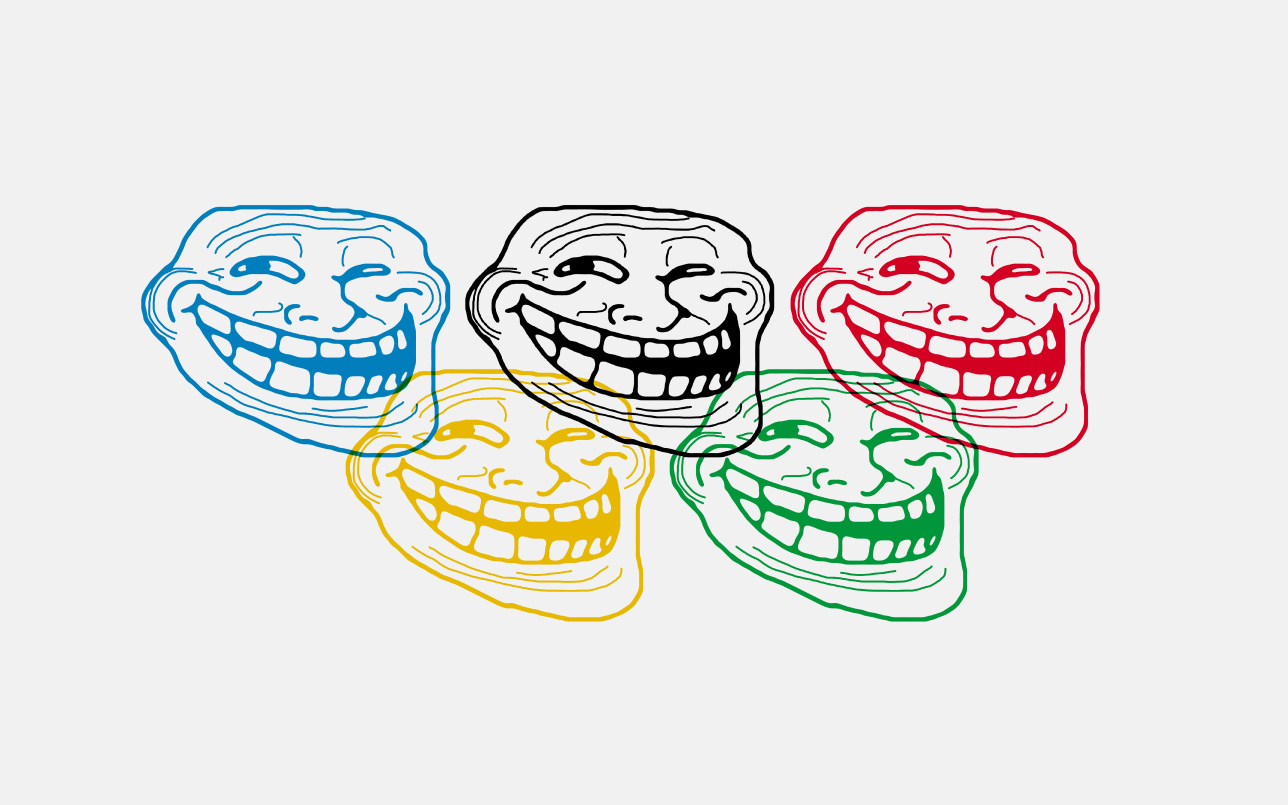The International Organized Competitive Sports Event that takes place during the hot season every four years is underway in Brazil, in the populous city beginning with an ‘R’. Until August 21st, participants from more than 206 nations are competing in 42 sport disciplines, in a show of international sportsmanship and outstanding athletic ability. In this fast-paced, digital age with such heavy reliance on social media, we’ve already seen social networks blowing up in excitement about the event. However, The International You-Know-What Committee (IOC) is doing everything in its power to ensure companies that aren’t official sponsors of the event don’t try to cash in on it by using the spectacle for marketing purposes. At all. In any way, shape or form.
The regulation, better known as Rule 40, is aiming to stop over-commercialization of the event and prevent ‘ambush marketing’; a fancy term for companies that use the event as a marketing tool, subsequently taking profits and attention away from the official sponsors of the Big ‘O’. Basically, the goal is to prevent non-official sponsor companies from associating with the Big Competition, when official sponsors such as McDonald’s and Coca-Cola invest millions of dollars into their sponsorships. Rule 40 also restricts what the participating athletes can post on social media during the blackout period of July 27th to August 24th, 2016. Athletes and their sponsors (if not official sponsors of the Quadrennial Sporting Competition), can be in violation of the rule for simple actions like posting the famous Tournament logo, using any of the forbidden words on social media or in advertising, or even giving a shout-out to an athlete or unofficial sponsor.
We’re unsure exactly how the committee will enforce this rule, beyond the examples we have seen of bullying letters warning non-sponsors to delete their posts. But, we can only assume there is a magical taboo that alerts the IOC of the use of the forbidden words, and a bunch of IOC Death Eaters will swoop down on the perpetrator as swiftly as if they had just uttered the Dark Lord’s name. Surely the IOC would’ve organized measures resembling this, if they intend to keep up with the massive influx of social media posts; more than 160 million interactions occurred across Facebook and Instagram during the opening ceremony alone. As the You-Know-What continues, and social media posts and hashtags continue to blow up, it’ll be interesting to see how this rule is policed.
Rule 40 doesn’t apply to the average Joe or Jane citizen, so if you’re a run-of-the-mill fan of the athletes or the Tournament, you’re free to hashtag to your heart’s content, with no limitation (except maybe the 140 character limit on Twitter). These rules are designed to put limits on competing athletes, and companies unofficially sponsoring an athlete. But even then, there are definitely workarounds to this rule. If you’ve been able to follow this post and figure out what it’s referring to, then we’ve successfully gotten our message across with none of the forbidden words in sight. Some of the cheekier athletes have been crafty in their sidestepping as well.
Go Team USA athletes from our nation, good luck and best efforts attempts on the Road to Rio way. We support you and your performance hard work and believe in you with every challenge difficulty you face. Whether it be Gold, Silver, or Bronze medals first, second or third place, we are proud of all of our Olympiads athletes competing in the Rio de Janeiro 2016 Olympic Games Competitive Sport Tournament That Shall Not Be Named this year. And remember; Citius – Altius – Fortius something motivational in Latin.


